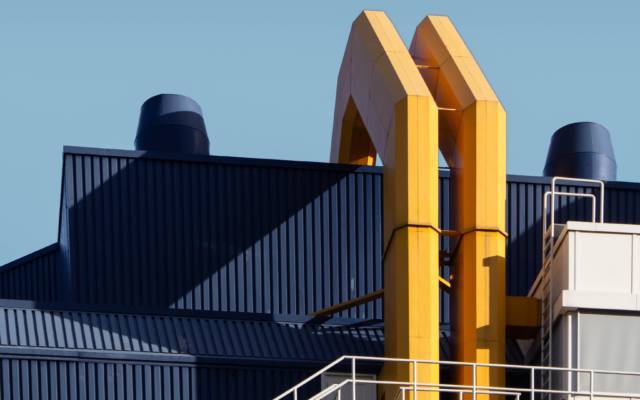Warehouse Management System WMS / Système de Gestion d’Entrepôt
Warehouses are changing. So are their management systems.
Managing a warehouse involves coordinating all the resources dedicated to it: personnel (when to mobilize them, how many for what, with what productivity, monitoring with what indicators), machines of all kinds (load-capacity adequacy…), stocks(replenishment). As in a factory, this results in activity planning, scheduling and launching.
A set of decision-support systems has been put in place to ensure proper control of this process.
There are three main families:
- Warehouse Management Systems (WMS) are the best-known and most “popular” systems. They are dedicated to planning and monitoring execution.
- Warehouse Control Systems (WCS): these systems enable real-time monitoring and control of automated resources within the warehouse. They are dedicated to execution, and control each machine, each PLC. They can therefore be numerous and juxtaposed. WCSs are therefore the IT solutions for controlling the intrinsic performance of each PLC installed in the warehouse.
- Warehouse Execution Systems (WES) are hybrid systems whose terminology is sometimes disputed. It is an intermediary system between the WMS and the WCS, designed to optimize the overall performance of the installation in real time. As each machine has its own WCS, the WES manages the orchestration of the whole system, and the balance between available resources and the load released on the various workshops.
Historically, these systems have been stacked one on top of the other, with more or less successful management of interfaces that only allow limited coordination between the different functionalities covered by the three types of system. Rationalization and simplification are needed, in a context that calls for increased interaction with other systems, always in real time (for example, exchanges with a Transport Management System (TMS) to take account of transport contingencies and modify order priorities in the warehouse).
We operate in various sectors
Large groups, institutions, SMEs ; we have the resources to support companies of all sizes and in all circumstances (from long-term vision to crisis support)
Supply chain is becoming an integral part of industrial sites. Managing site supplies means working more closely with suppliers, and integrating factory workflows into the supply chain.
Our work focuses on issues relating to the organization and management of physical flows, as well as on forward-looking studies linked to territories. Our areas of expertise include urban logistics, modal shift and carbon footprint.



